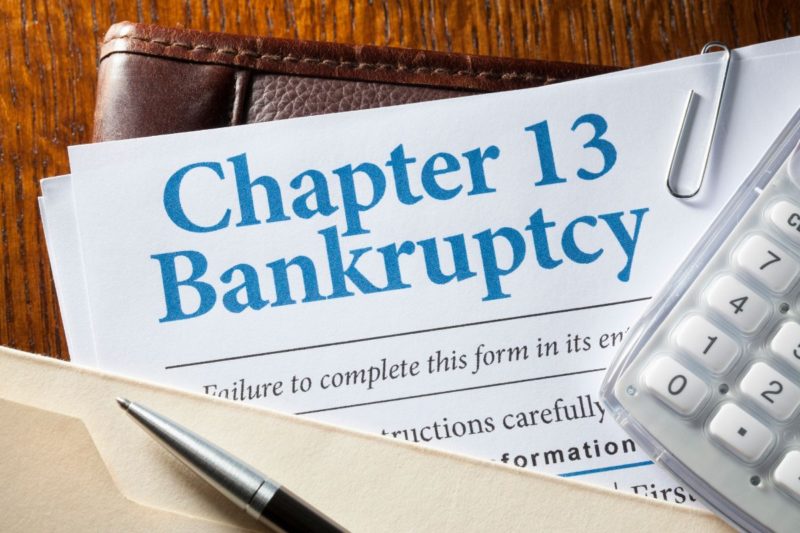Myths, tall tales, and urban legends are common in today’s society. Sometimes it isn’t easy to know which stories are true and which are not, even though they can still affect our lives. For example, some of the following misconceptions about bankruptcy could prevent you from finding relief from your overwhelming debt. Let’s look at – and debunk – seven myths about bankruptcy.
#1. People just don’t know how to handle their money.
Some people might land in bankruptcy court because they were irresponsible with their money. However, the most common causes of bankruptcy include medical bills, losing your job, and getting divorced.
Filing for bankruptcy does not always mean that you used poor judgment or mishandled your debt. It means that you have made a decision to deal with your debt in the best way possible.
#2. All your debts go away immediately.
In a successful Chapter 7 bankruptcy, many of your debts will be discharged or eliminated. Some debts, like child support and student loans, are typically not discharged.
In a Chapter 13 bankruptcy, you work out a repayment plan that pays back at least a portion of most of your debts. Although all your debts do not disappear, Chapter 13 bankruptcy still provides relief for many debtors.
#3. You’ll never be able to get credit again.
It is true that your bankruptcy could stay on your credit report for up to 10 years. However, the effect on your credit score should diminish as long as you take steps to rebuild your credit. For example, paying bills on time and using a secured credit card could help you get car loans and mortgages later on.
#4. You’ll lose everything you own.
Chapter 7 bankruptcies are called liquidation bankruptcies because some assets may be sold to pay creditors. However, some of your property is exempt, which means you get to keep it. For example, you might keep your home but lose your summer cabin.
In a Chapter 13, you will probably keep most of your property. You will still have to continue making payments on property like your home and your car.
#5. You’ll lose nothing that you own.
Chapter 7 filers may lose any non-exempt property, like the cabin mentioned above or valuable antiques. On the other hand, Chapter 13 filers typically lose little of their property.
#6. Married couples both have to file.
This is one of the common myths about bankruptcy that can be debunked for some couples but not for everyone.
One spouse can have more debt than the other. That partner could file separately, especially if the debt has been kept separate. However, if a couple shares the debt, it’s usually recommended that the couple file together.
#7. Filing for bankruptcy is easy.
Just making the decision to file can be challenging. For example, should you file a Chapter 7 or a Chapter 13? What property can you save in a Chapter 13? In a Chapter 7?
Filing the paperwork may sound easy, but you still have to understand the intricacies of bankruptcy law. And once your case is filed, you have to know where to go from there. If you filed Chapter 13, you’ll be working on your repayment plan. At some point, you might have to attend a meeting of your creditors.
Navigating the court system is never easy, especially if you are already stressed about your financial situation. Your bankruptcy lawyer can help guide you and make sure you choose the right type of bankruptcy and that you have complied with all requirements.
Did Any of These Myths About Bankruptcy Sound Familiar?
If so, you might need to talk to an experienced bankruptcy lawyer.
Attorney Leslie Craft has the experience you need to deal with bankruptcy and traffic violations. Ms. Craft’s goal is always to help her clients get past their legal problems and get on with their lives.
Bankruptcy doesn’t have to be a painful process. To schedule a free personal consultation, call Craft Law Offices at (252) 752-0297 or email us at lesliecraftlaw@gmail.com. My offices are located in Greenville, Morehead City, and Rocky Mount for your convenience. I also represent clients in surrounding Eastern North Carolina communities, including Warrenton, Elizabeth City, Roanoke Rapids, Goldsboro, and Jacksonville.



